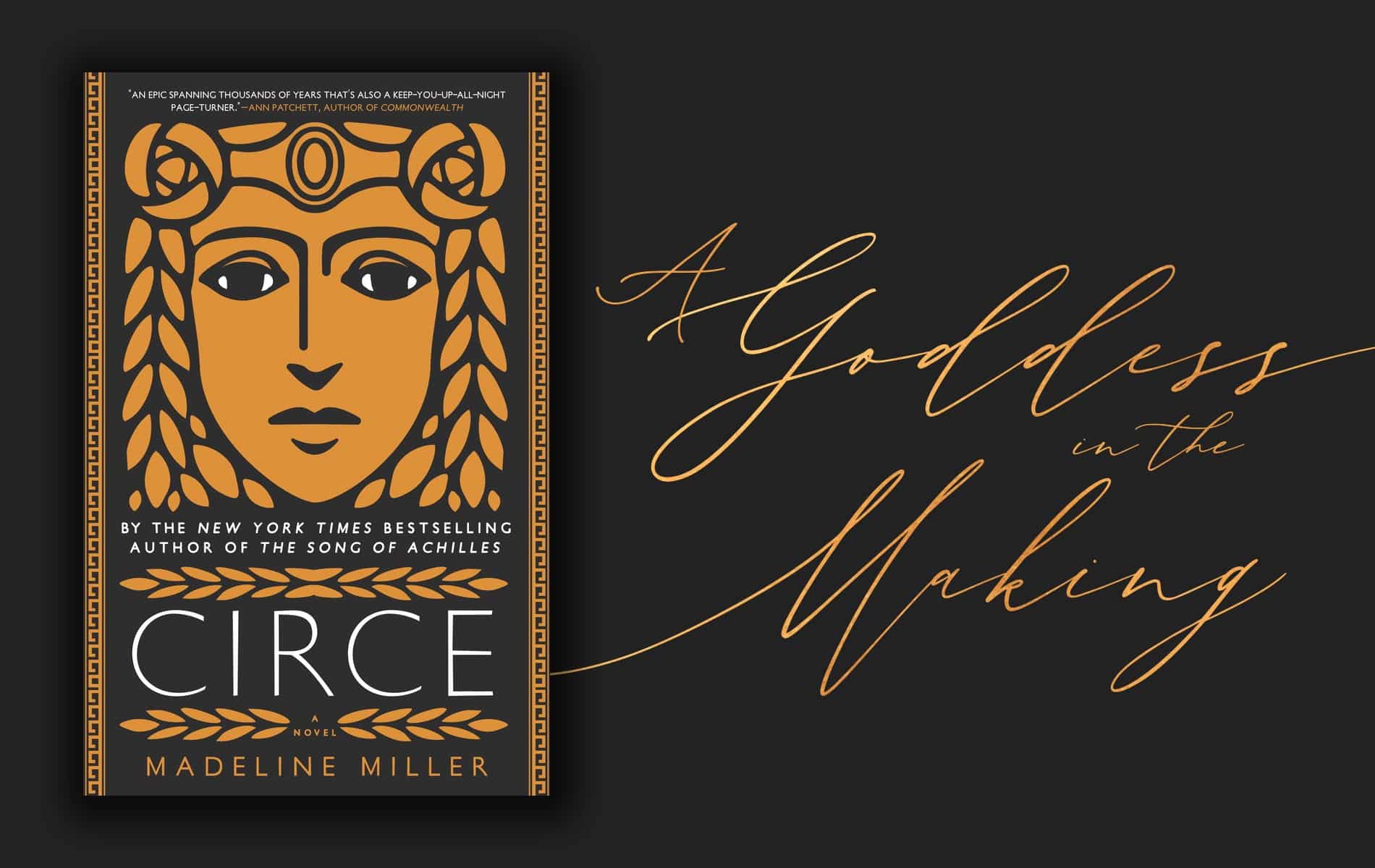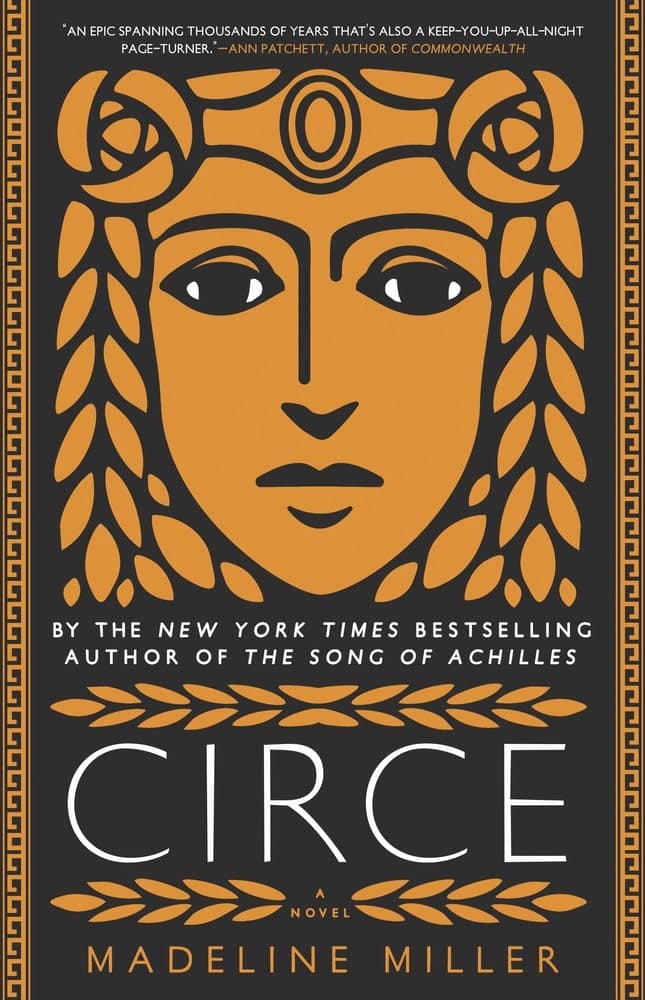
vie-magazine-madeline-miller-circe-book-review-hero-min
A Goddess in the Making
Circe Reinvents Herself
Review by Solange Jazayeri
I have not picked up a mythological saga since college and, admittedly, Greco-Roman mythology is not my genre of choice. But there was so much buzz and anticipation around Madeline Miller’s second novel, Circe, that I felt compelled to join the line of readers who made this novel an instant number one bestseller on the New York Times list. And for a good reason—from beginning to end, Miller’s words (narrated through Circe’s voice) levitate the senses and imagination into the world of the gods. This novel, gaining momentum as a new cult classic, is more than a clever recrafting of Homer’s witch of Aiaia. Circe is a complex character study that reads like poetry.
In Madeline Miller’s words: “One of the things that drew me to Circe is how she makes her own power—not out of her past, but out of her hopes for the future. As a nymph, she will have no control over her destiny; she will end up as a pawn or as prey to a greater god, or both. She finds that intolerable, so she literally invents her own power. She is the first witch in Western literature, and witchcraft is the opposite of divine power—witchcraft is born, instead, of skill, knowledge, and hard work.
“I think it takes more strength to break with what you are used to than to stay with it, though, certainly, enduring her family took its own kind of strength. I very much saw this as a story of a woman born into a horrendous family who must learn to find her own path, to build her sense of right and wrong, and of how to be in the world, from scratch.”

Author Madeline Miller
The firstborn daughter of Helios (god of the sun) and an Oceanid nymph, Circe is royalty, though not respected as such. Lacking her mother Perse’s hypnotic beauty and the supernatural hocus-pocus of her father, Circe is considered ordinary and has a voice so shrill she sounds human. Although she wants nothing more than to be recognized, she is teased and discarded.
Perhaps because of this rejection and helplessness, she finds a kinship with us mortals and we with her. Intrigued by mortals’ limited life spans in which to experience their passions, Circe admires human beings above her family tree of deities. She says with admiration, “This was how mortals found fame, I thought. Through practice and diligence, tending their skills like gardens until they glowed beneath the sun. But gods are born of ichor and nectar, their excellences already bursting from their fingertips. So they find their fame by proving what they can mar: destroying cities, starting wars, breeding plagues and monsters. All that smoke and savor rising so delicately from our altars. It leaves only ash behind.”
“I had always believed in Virginia Woolf’s ideas about women artists needing a room of their own—space away from society to make their art. Circe made me feel that viscerally.”
Time becomes Circe’s enemy when she falls in love with a sailor named Glaucus. Not wanting to lose him, she renders him immortal like herself. But Glaucus, now living among the gods, marries the nymph Scylla, and in a jealous rage, Circe transforms Scylla into a six-headed snake beast.
Circe’s sorcery scares her father, and so, following Zeus’s advice, he exiles Circe to the desolate island of Aiaia. And it is there among the flora and fauna that we see our heroine evolve and blossom through the art and practice of witchcraft. “Little by little, I began to listen better: to the sap moving in the plants, to the blood in my veins,” she says. “I learned to understand my own intention, to prune and to add, to feel where the power gathered and to speak the right words to draw it to its height. That was the moment I lived for, when it all came clear at last, and the spell could sing with its pure note for me and me alone.”

When I asked Miller what writing this novel had taught her, she replied, “I had always believed in Virginia Woolf’s ideas about women artists needing a room of their own—space away from society to make their art. Circe made me feel that viscerally. And this space doesn’t have to be a literal space—though if someone offered me a magic island, I wouldn’t say no! It can also be a mind-set: a willingness to take risks, to put aside the expectations and demands of the world, and to listen to your own voice.”
And so, I urge you: please take time for yourself to gift your mind and imagination the soulful voyage to Circe’s island of Aiaia. There, you can experience Miller’s evocative literary sorcery.
— V —
Learn more about author Madeline Miller and her books at MadelineMiller.com.
Share This Story!
KEEP UP WITH THE LATEST STORIES FROM VIE
















































































































































